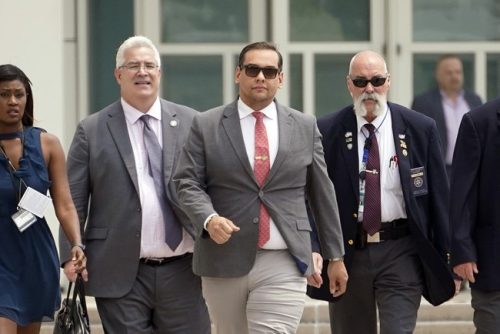CBS News’ Bari Weiss Collects Her ‘First Scalp’ as She Cleans Out Network Rot
Bari Weiss moved into the editor-in-chief chair at CBS News after bringing her Free Press venture into the fold, and change came fast. Staff who built careers on comfortable narratives are now facing scrutiny. The newsroom that long avoided uncomfortable reporting is getting a shake-up.
Insiders expected pushback when Weiss arrived, and the first high-profile exit has confirmed those expectations. Claudia Milne, who ran standards and practices, has left amid talk that her role was being phased out. That departure is being framed as Weiss’s initial corrective action in a broader editorial reshuffle.
The head of CBS News’ standards and practices unit — who presided over some of the network’s recent controversial, woke reporting — is out as new boss Bari Weiss looks to bring more balance to the left-leaning network.
Claudia Milne, who ran the division responsible for the moral, ethical and legal implications of CBS programming, is the first senior executive to leave the network since Weiss arrived as editor in chief earlier this month.
Although Milne’s job had been “slowly phased out,” a CBS source called her departure “significant.”
“She was part of the woke mob at CBS News. It shows an editorial shift in how CBS will operate,” the person said, speculating that “this is Bari’s first scalp.”
[…]
As previously reported by The Post, in 2023, Milne and then-news division president Ingrid Ciprian-Matthews banned staffers from using the word “transgender” when reporting on the Nashville shooter.
The decision sparked outrage at the network because police working the case had identified the killer, Audrey Hale, as a transgender woman. Sources said Ciprian-Matthews and Milne spent 15 minutes telling staffers not to report Hale’s identity because it may not be relevant to the shooter’s motive.
The reporting around Milne highlighted the tension between editorial caution and plain reporting of facts. Critics say decisions like the 2023 directive on the Nashville story prioritized ideology over transparency. Those choices helped fuel calls for an overhaul of how the network decides what’s newsworthy.
Weiss pressed staffers for concrete outlines of what they do every day, and that request upset some long-standing employees. Asking for accountability was interpreted by some as a threat to old norms, not a routine management step. For a newsroom used to autonomy, the new emphasis on oversight feels like a test.
People familiar with the situation frame the exit as part of a clear pivot toward balancing coverage more evenly. The network had built a certain reputation over years, and Weiss’s presence is now being read as the beginning of a deliberate editorial shift. Whether that shift will satisfy viewers across the spectrum remains to be seen.
There’s a direct line from newsroom policy to public trust, and Weiss seems intent on tightening that connection. When standards offices protect narratives rather than facts, the audience notices. This transition will be watched closely by journalists and viewers alike.
Expect more personnel moves as new leadership evaluates roles and responsibilities. Reorganizing standards, practices, and editorial oversight is a slow process, but early departures signal a willingness to make big decisions. The coming weeks should show whether this was an isolated change or the start of deeper reform.
Whatever happens next, the episode underscores how newsroom culture can shift quickly once leadership changes hands. Long-established practices are vulnerable when a new editorial philosophy arrives. For management and staff, the next steps will matter more than the headlines.






